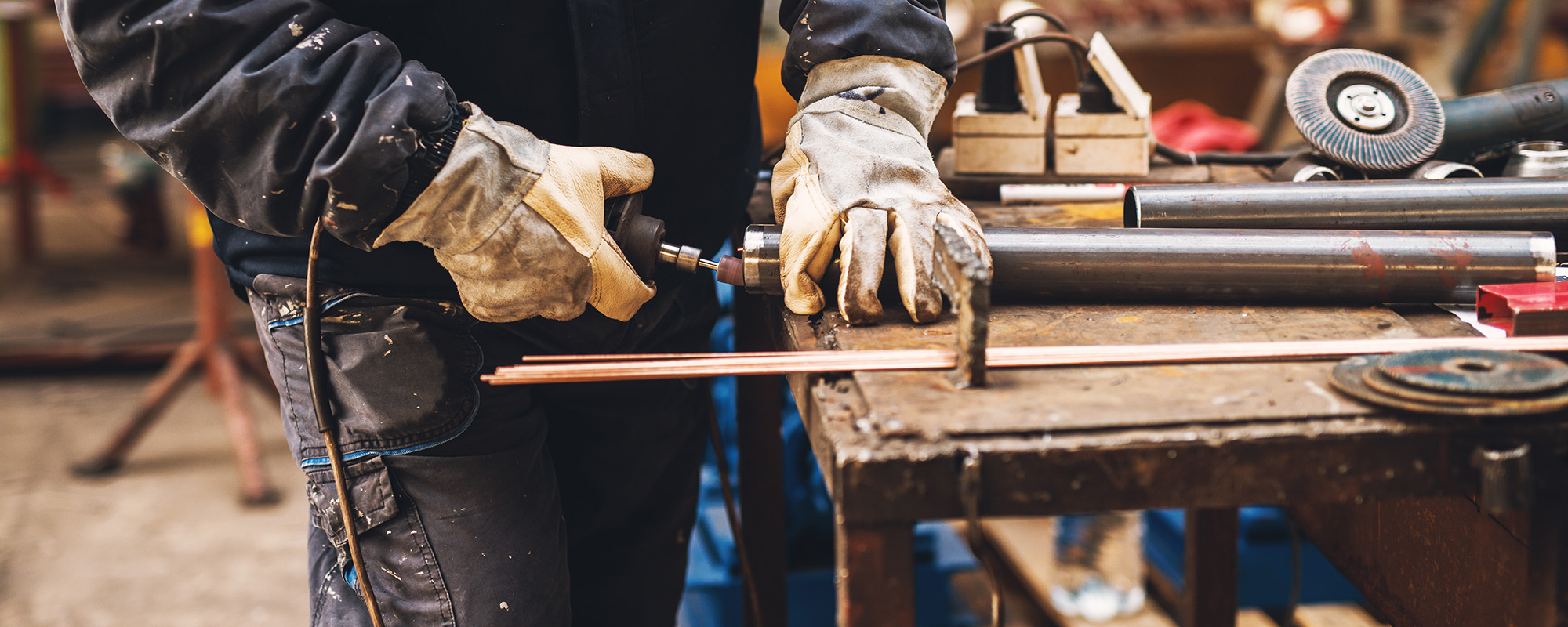

Pipefitters, like most railroad workers, are uniquely vulnerable to various injuries and illnesses on the job. Their exposure to asbestos, diesel, chemical solvents, and other hazardous substances can cause long-term, disabling medical effects. Pipefitter injuries may harm their ability to return to work and support themselves. Although pipefitters also may be subject to catastrophic accidents due to the many hazards that exist in the railroad industry, they are far more susceptible to occupational diseases from exposure to dangerous chemicals. When railroad employers fail to protect their workers and warn them of this exposure, they can suffer significantly. A skilled railroad injury lawyer can be instrumental in helping injured pipefitters hold their employers responsible for their negligent actions.
Railroad pipefitters are routinely subject to asbestos exposure in the course of their job duties. For instance, pipefitters may be exposed to asbestos in any of the following locations:
Pipefitters, along with most railroad workers, are exposed to asbestos when they work anywhere around trains or in railroad or repair shops. Even when they are not directly working with materials containing asbestos, asbestos particles become airborne, land on clothing, and become prone to inhalation. Inhaled asbestos fibers may become permanently lodged in organs and other bodily tissues.
The inflammation and scarring that inhaled asbestos fibers cause can lead to the development of mesothelioma, lung cancer, and other cancers and illnesses related to asbestos. These injuries to pipefitters can lead to debilitating diseases that lead to premature deaths in many cases. Seeking the aid of a personal injury lawyer may be useful in claiming compensation for losses related to asbestos exposure.
Another frequent source of chemical exposure results from pipefitters working near diesel exhaust in poorly ventilated areas like repair shops. Diesel exhaust exposure can put employees at a significantly greater risk of developing lung cancers and other diseases. Exposure to diesel is so hazardous because it contains various toxic carcinogens, including benzene and formaldehyde, both of which have been linked to heightened risks of cancer.
Whether from locomotives running in railroad yards or diesel-powered machines being repaired in shops, pipefitters, like most railroad workers, suffer disproportionate exposure to diesel exhaust. Railroad companies have known of the risks of diesel exhaust exposure for decades, but they continue to fail to take steps to make railroad workers safer. Instead of installing better ventilation systems, switching to cleaner and less toxic fuels, or monitoring diesel exhaust levels in shops, railroad companies continue to ignore or downplay the risks.
Pipefitters routinely use various solvents and degreasers that contain harmful chemicals. Cleaning solvents that are strong enough to clean locomotive parts and materials contain chemical compounds to break up or dissolve other chemical compounds, such as the diesel soot and grease that accumulates on locomotives and railcars. Exposure to these chemicals also can lead to significant injuries for pipefitters.
Benzene is a common component of widely used solvents in the railroad industry and one of the most hazardous chemicals for workers. This chemical evaporates quickly, which changes into a gaseous form that can be harmful to anyone in the vicinity, even after inhaling minimal amounts. Pipefitter injuries that may result from benzene and chemical solvent exposure may include anemia, leukemia, Hodgkin’s disease, myeloma, bladder cancer and lung cancer.
The Federal Employers’ Liability Act or FELA provides the exclusive remedy for pipefitters and other railroad workers who endure injuries or illness on the job. However, unlike workers’ compensation claims, injured railroad workers must prove employer negligence as the cause of their injuries. As providing liability on behalf of an employer can be a challenging task, individuals with pipefitter injuries should not hesitate to contact legal counsel for advice.
The work-related injuries that pipefitters and other railroad workers routinely suffer can be permanently disabling in some cases. Workers may find themselves unable to return to their professions, facing insurmountable medical bills, and other financial pressures. As a result, they need to file a FELA claim to get compensation for losses caused by the negligence of their employers. There are time limits in filing these claims and only an experienced FELA attorney can help with those deadlines. Reach out today to discuss your rights, case, and legal options.



© 2025
Doran & Murphy, PLLC
All rights reserved | Attorney Advertising